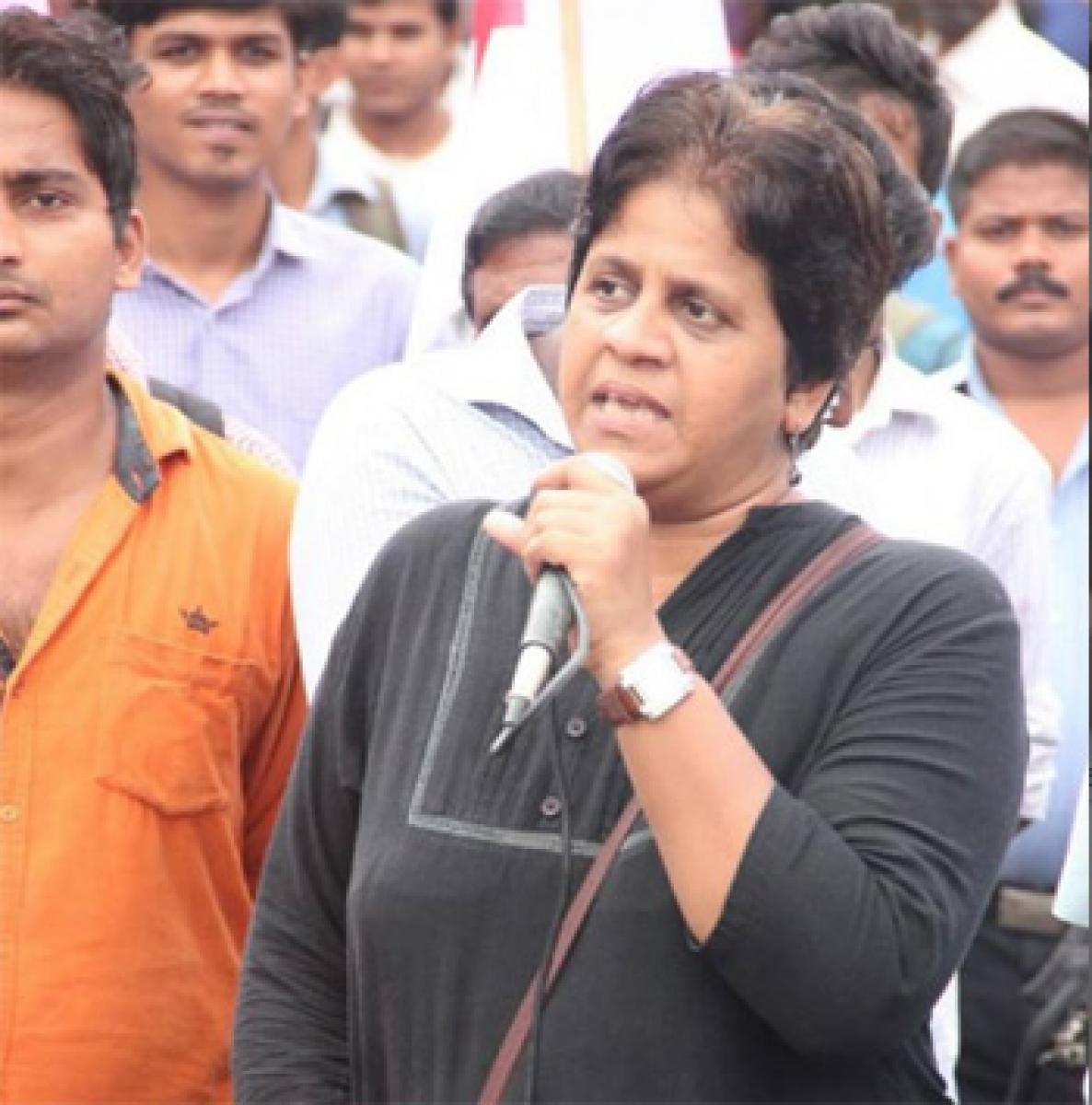Live
- Cancel panchayat elections in Punjab: Sukhbir Badal
- IIT Madras’ new quantitative research lab to boost AI research in financial markets
- ED raids Vatika Limited in Delhi and Gurugram in money laundering case
- International equestrian returns to India after 14 years with AEF Cup Youth in Bengaluru
- U&i Unveils Feature-Rich Neckband, TWS, Powerbank, and Speaker: Idle Gifting Options for the Festive Season
- Studies at the Local Level Essential for the Preservation of the Western Ghats --Dr. Ullas Karanth
- US presidential election: Trump and Harris aiming to leverage PM Modi's great connect with diaspora, believes former FS
- Indian MF industry's average asset under management up 2.97 pc in Sep
- 28 killed in Israeli airstrike on school in Gaza
- Sports Ministry invites comments on Draft National Sports Governance Bill 2024









